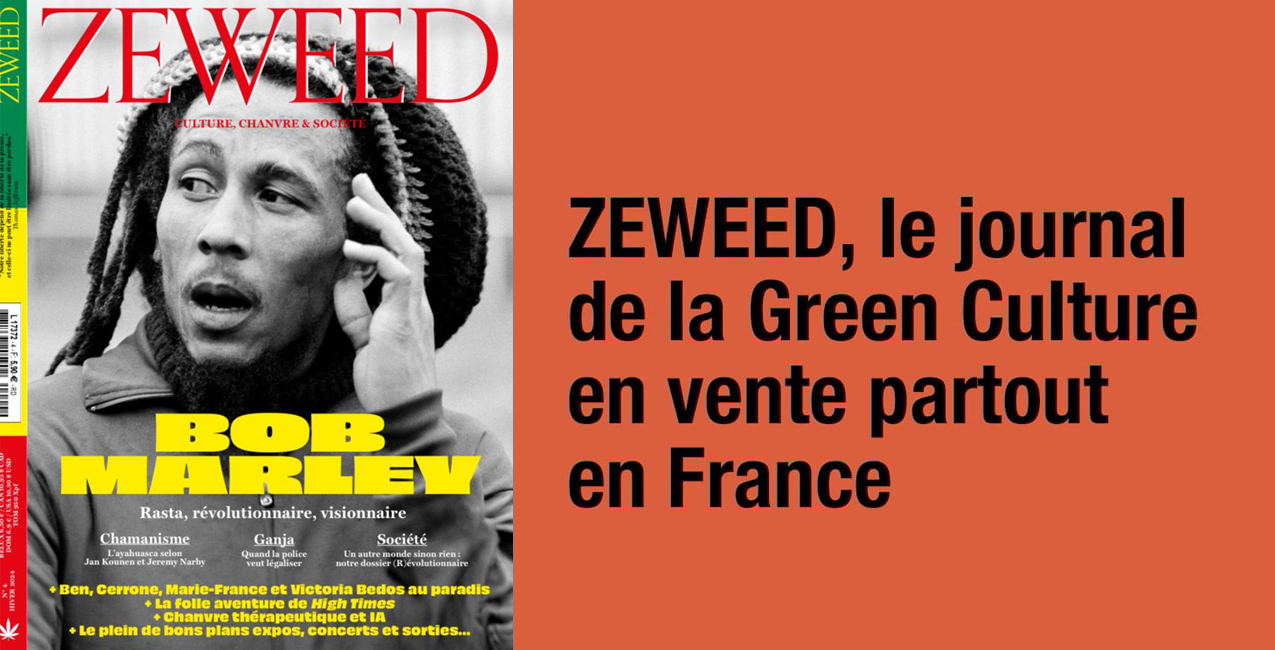Ariel, avid smoker, is our special envoy in Lebanon. There, he delves into the different facades of cannabis from one of the major producers of hash in the world.
Upon my arrival in the country of Cedars, people have indiscriminately repeated to me: “If you have understood Lebanon, it is because it was badly explained to you.” Between the Maronites, the Orthodox, the Druze, the Shiite the Sunnis, and many more, I cannot claim that I have deciphered the Lebanese societal landscape, despite having spent several months here. Numerous cultural practices coexist, even though they are sometimes divergent. From the use of the language to the approach to sexuality, as well as the culinary traditions, there are very few Lebanese practices that are shared throughout all these layers of society. However, there is one practice which I have systematically found in every religious community and social class: the consumption of hash.
Although it is strictly illegal, hash is produced profusely in Lebanon, to the point where the country supplies its eastern neighbours and is one of the top 3 global producers. Accustomed to the European prices, having hash for $2 a gram was rather pleasing to me. In a highly unequal country, hash is accessible to everyone, and, in fact, everyone smokes hash. It did not take long for me to join the movement.
In the middle of an interview for a local newspaper, my interviewee interrupted me: “Would you like to smoke a joint?”
This was my first interaction with Lebanese hash. Disconcerted, I accepted. Once the interview over, I called my friends in France and, overexcited, I describe the scene. And then, I understood that, here, there was nothing unusual about it: I conducted more interviews sharing a joint than without. After a while, I took advantage of the situation by asking where I could be provided with hash. Yet, suddenly, nobody could help me out on that question. The people were more enthusiastic about giving me a whole block of hash rather than reveal their contacts. I had to wait several months, with a lot of secrecy and patience, to finally be guided to someone who knows someone, who knows someone, and so on. And even to this day, I have never seen a dealer with my own eyes.
Despite the omnipresent nature of the situation, smoking hash in Lebanon constitutes a dangerous practice. Local authorities even proclaim their ability to imprison someone for three months for a single joint. Denunciation is also very common, as it is rewarded by the police. Naïve, I would talk about smoking and wanting to smoke without barriers, in whichever context. However, my friends would urge me to be quiet. Likewise, I once lit a joint in one of the few parks of Beirut, which caused great panic around me. Since then, I have learnt. Only the privacy and secrecy found in people’s apartments is suitable for – what is after all – a relaxing moment. Once at home or at a private party, hash is abundant, as if compensating for hard regulation in other contexts. Here, the quality of hash is such that one can easily crumble into powder, often over a small ceramic dish filled with rolling tobacco. To blend into local traditions, I bought such a dish, but I continue to roll my joints with the broken off end of an industrial cigarette as a filter. I try and convince locals of this technique, yet they remain abstinent to use a roach.
All in all, I am completely adapted: I have gone from smoking only weed to smoking only hash. In Lebanon, weed is even more expensive than in France. Approximately $15 per gram, meaning that even those that have it will not share with others, even at a social event. Compared to hash, weed is a sign of social standing in Lebanon, and, hence, its presence is rare
Between the risk of imprisonment and the widespread smoking of joints, the way one smokes in Lebanon seems to be a quasi-schizophrenic practice. Hash in Lebanon is a bit like “He-Who-Must-Not-Be-Named”; it can be found everywhere, but best avoid mentioning it too often.
Ariel Iglesias










